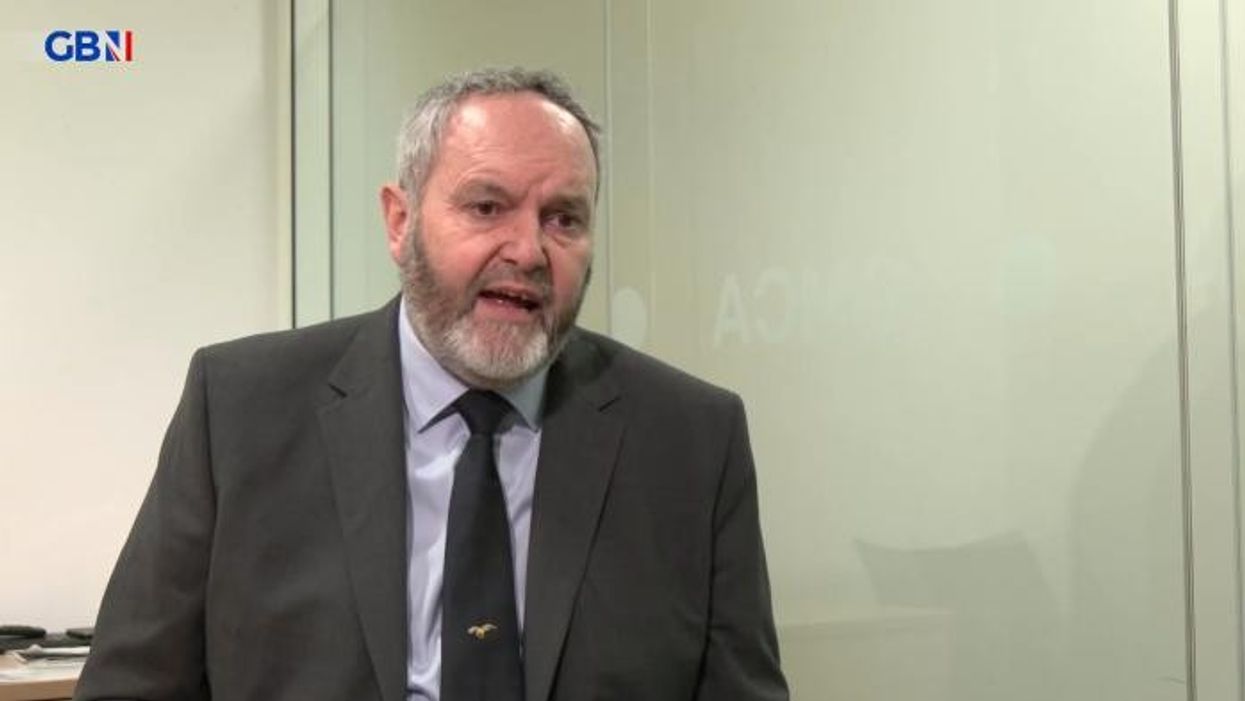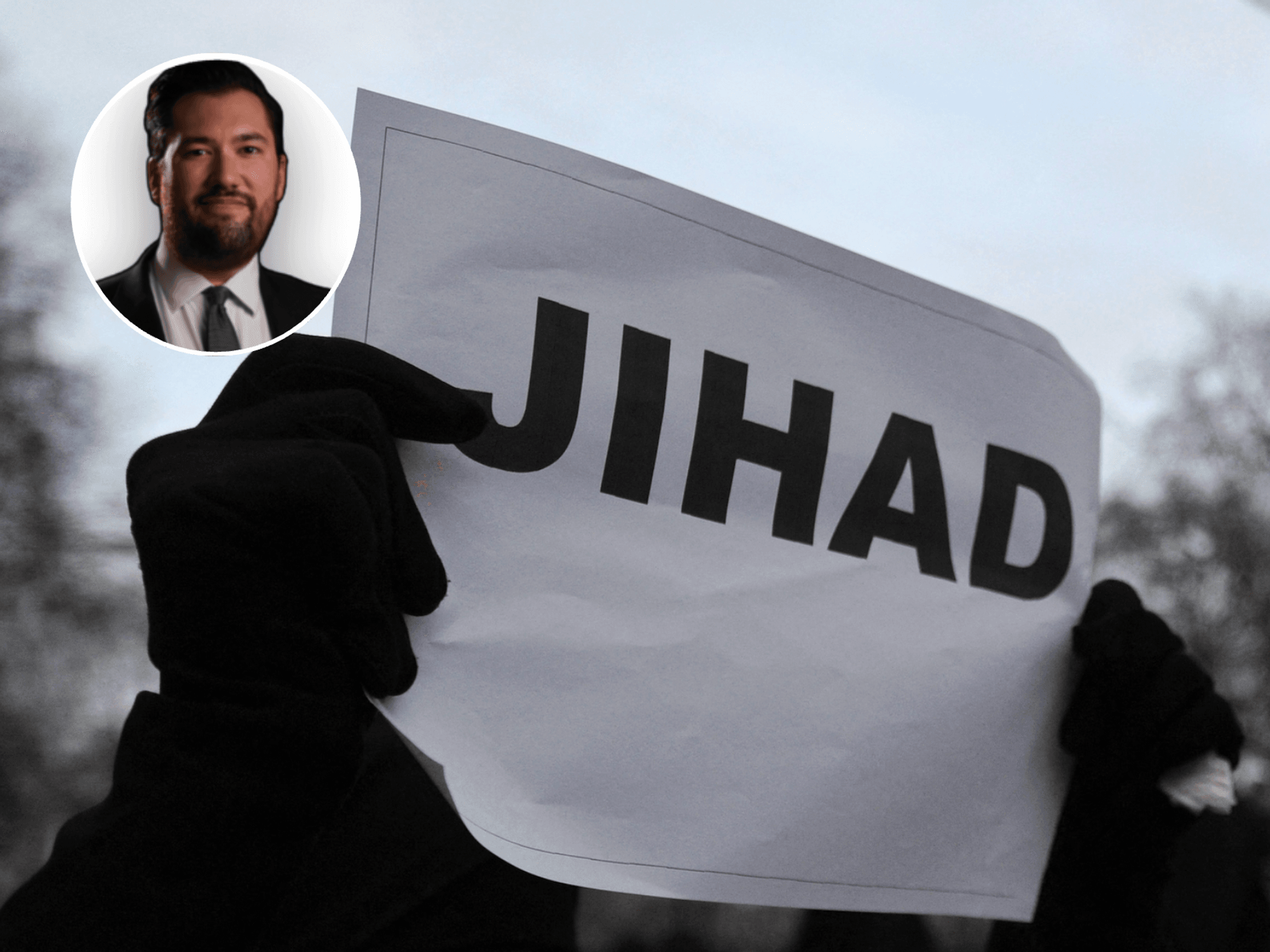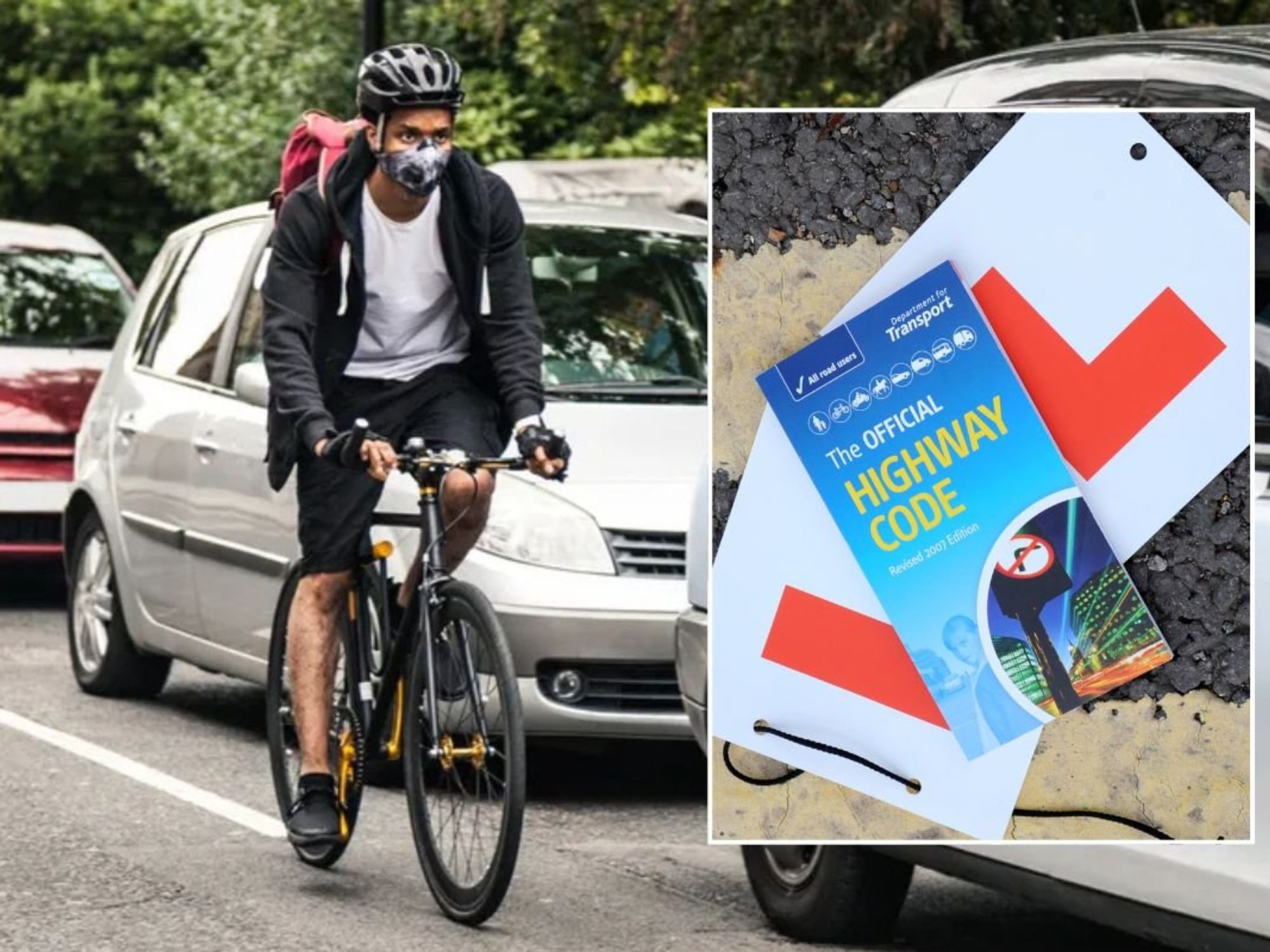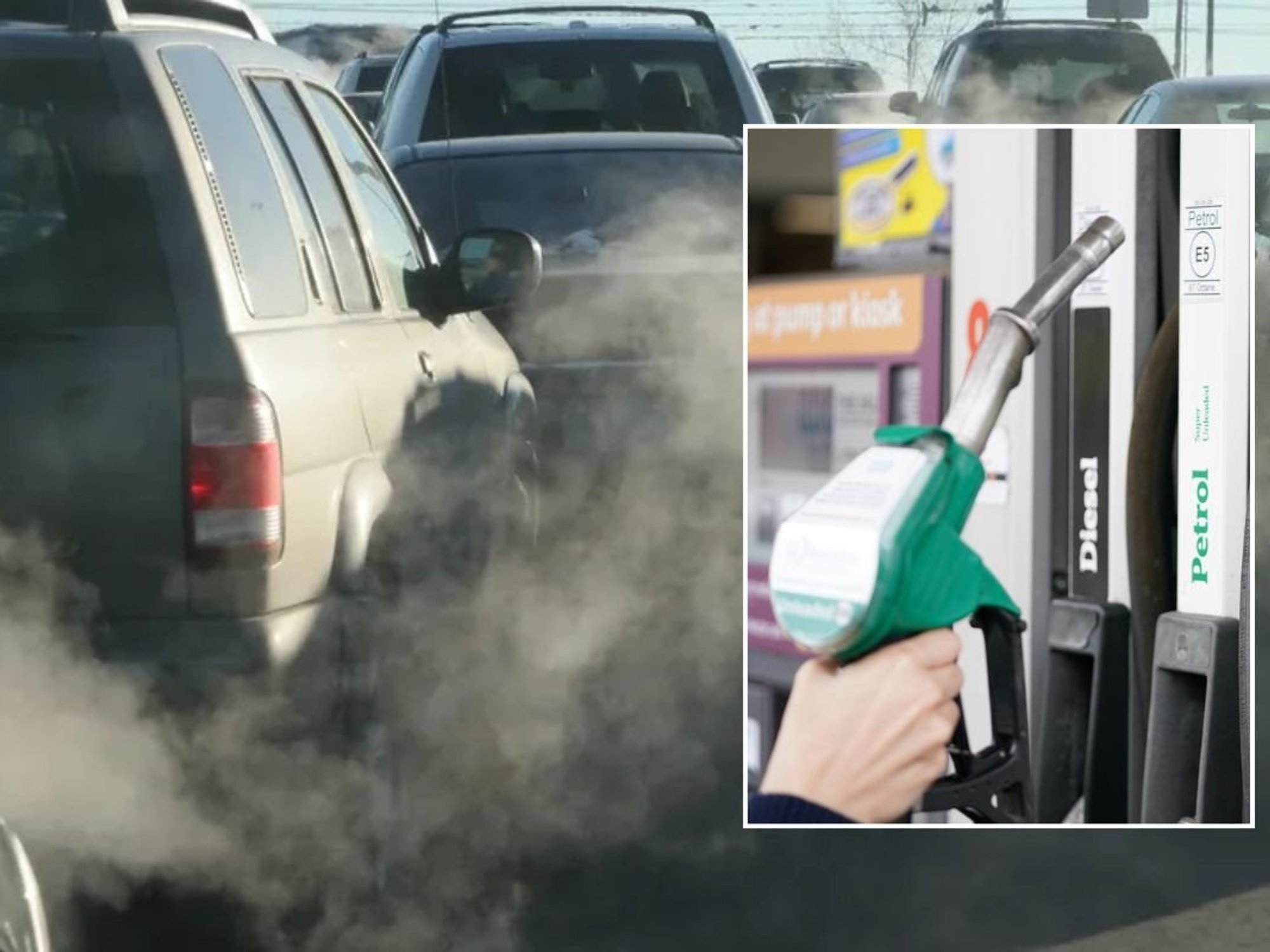Public sector witnesses likely to avoid future inquiries into grooming gangs, says Rochdale report author

He echoed Manchester Mayor Andy Burnham’s call for a 'duty of candour'
Don't Miss
Most Read
Latest
A co-author to the Rochdale grooming gangs report has told GB News that he “suspects” more police witnesses will decline invitations to support reviews into past and ongoing failings for tackling child sexual exploitation.
Discussing why police officers might avoid giving evidence to major inquiries into past failures in prosecuting abuse, Gary Ridgeway pointed to mental health concerns: “I’ve been involved with [investigations] that if I had to discuss that would trigger an emotional impact on me with things that have gone badly, things when I've made mistakes.
He added: “There’s a mental health element when you’re talking to someone who’s perhaps retired 10-12 years ago and you want them to come and sort of rehash all that.
Ridgeway also said that some officers feared public shaming: “I think people are also concerned that they may face public naming and shaming in the media.
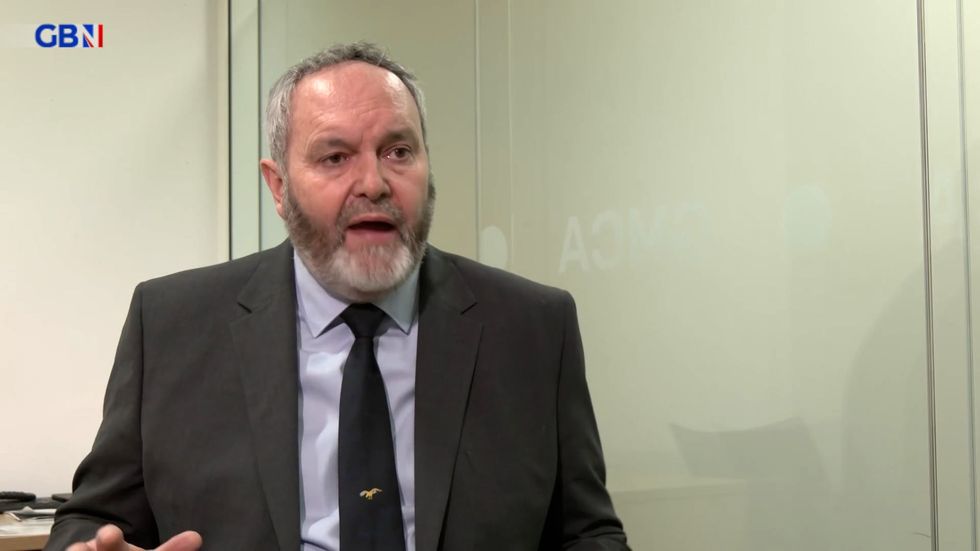
Gary Ridgeway spoke to Charlie Peters on GB News
|GB NEWS
They also “may get legal advice or they speak to staff associations who say ‘you can’t be compelled to talk to a review team, so don’t do it’.”
He added that staff associations and lawyers might tell officers invited to give evidence that “there are no benefits going to come for you out of this. And I think also some serving and recently retired officers are worried about facing misconduct and investigations. So there's a lot of reasons for people not to engage.”
When asked if prioritising the prevention of abuse would be a bigger motivating factor than protecting their reputations or mental health, Ridgeway said “you’d hope so wouldn’t you.”
He added: “You’d hope you'd say, well, actually this might be painful for me, this might be difficult for me, but actually there's a really useful outcome, an important outcome. We can't forget just how life-changing this type of abuse is for children.”
Ridgeway continued: “On the balance, this might be uncomfortable. I might feel a bit vulnerable or I might be worried about being named or shamed, but compared to what you might contribute to the future protection of children, it’s a no-brainer really isn't it?”
But despite saying that this approach should be a no-brainer, Ridgeway said he expected that future potential police and other public sector witnesses would not come forward.
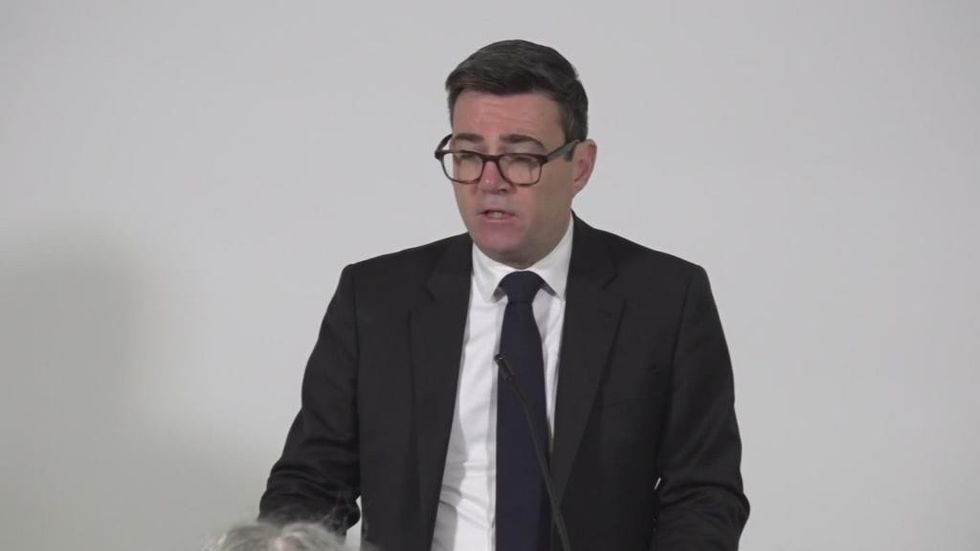 Andy Burnham says Rochdale victims were 'failed badly' and demands culture change
Andy Burnham says Rochdale victims were 'failed badly' and demands culture changeThe former senior police officer said: “We've found that throughout all these three reviews we've done so far that people have declined to be interviewed. I suspect the same will [happen again].”
He echoed Manchester Mayor Andy Burnham’s call for a “duty of candour”, where public servants are compelled to give evidence and speak honestly.
His comments come as it was revealed that eight witnesses rejected offers to supply evidence to the Rochdale report.
A further two responded with written statements that reportedly failed to answer the questions being asked of them.
Ridgeway also told GB News that it was totally unacceptable to treat victims as “commodities.”
His comments come as a review into the Rochdale child abuse scandal found that one girl, known as ‘Amber’, was listed as a co-conspirator in a legal case without her consent despite reporting multiple times that she had been abused.
The CPS had in the past declined to pursue any convictions after she gave four interviews because she was not considered to be a “credible witness.”
He said it “probably was” the case that some people feared accusations of racism if they targeted a “particular community” in their investigations.
But he added that the review team did not engage in speculation, that it was “forensically-based” and insufficient evidence was found of political correctness getting in the way of investigation.
Ridgeway, who was a detective superintendent, also added that while the backgrounds of victims might have contributed to the failures to sufficiently investigate their abuse, the review team could not speculate on these factors.
“We want to be really forensic.”
In the only mention of fears of racism hindering investigation across the report's 173 pages, a Senior Investigating Officer in GMP said that his “only guess” for why taxis driven by “Pakistani-looking” men with a “female passenger” were not stopped was because “patrols were frightened of being tarnished with a race brush for doing it.” That's it. That's the only coverage. This feels like a drastic understatement of what was surely a key factor in the failure to adequately prosecute the rapists.
The same SIO added: “I was concerned that we’d got these kids who had been raped by these Pakistanis in Rochdale who are, who have groomed them, who have given them food and drink, whatever else, free rides in taxis, I’m thinking at the time that they probably felt more love from these idiots than they were getting at home.”
Ridgeway said there “would be some challenge” to the SIO’s suggestion, because “you’re talking about racial profiling. You’re saying you’re going to stop every Asian taxi driver.”


